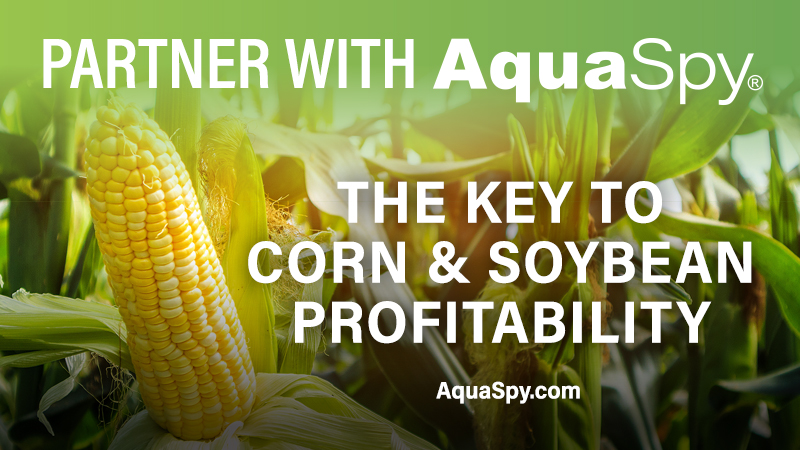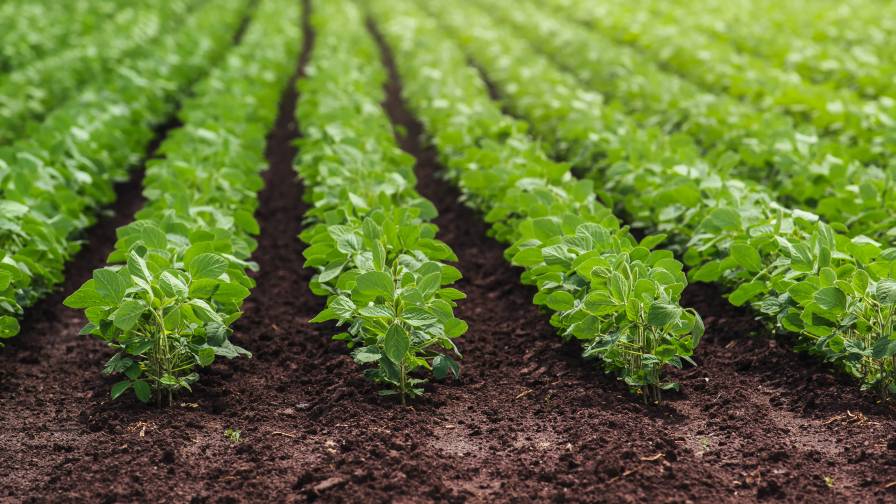2012: The End Of The World Means Little To Ag
Welcome to 2012! If you follow the writings of some fringe believers, this will be the last year the world ever sees. But for the agricultural community, this possibility shouldn’t make a big difference when it comes to planning ahead.
By now, you’ve probably heard about 2012 and how the Mayan Long-Count Calendar, set down thousands of years ago, ends on December 21 of this year. Many people view this fact as a definite sign that the world will suddenly end come this date, with civilization falling into ruin at the very least or the Earth being destroyed at the very worst. (So, according to this scenario, you better enjoy those 2011 Christmas gifts because there won’t be a 2012 Christmas!)
But for agriculture, this shouldn’t be a big deal. If the Long-Count Calendar ended in spring, then growers wouldn’t have to worry about planting their crops. If the end was predicted to come in the fall, then harvest time would be a non-issue, too. But with an end-of-the-world date in late December, all this work will (hopefully) be done. Even the folks attending the 2012 Agricultural Retailers Association meeting in late November shouldn’t change their plans.
No, for the people who earn their livings in agriculture, the biggest question about the end of the world on December 21, 2012, is simple: Do I shop for Christmas gifts early or wait until December 22, just in case?
Of course, end of the world predictions have been made numerous times in the past few thousand years. And we are all still here. Chances are December 21, 2012, will come and go without so much as a hint of the end.
As for me, I plan to forge ahead with my 2012 plans with a definite eye toward the future. I might delay some early Christmas shopping (just as a matter of habit, mind you), but I have little doubt that the world will still be here when I wake up on Saturday morning, December 22.






